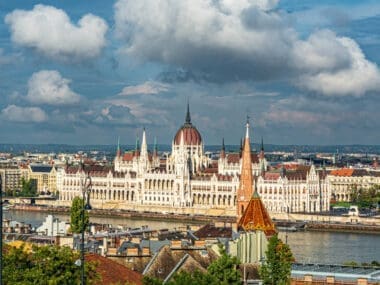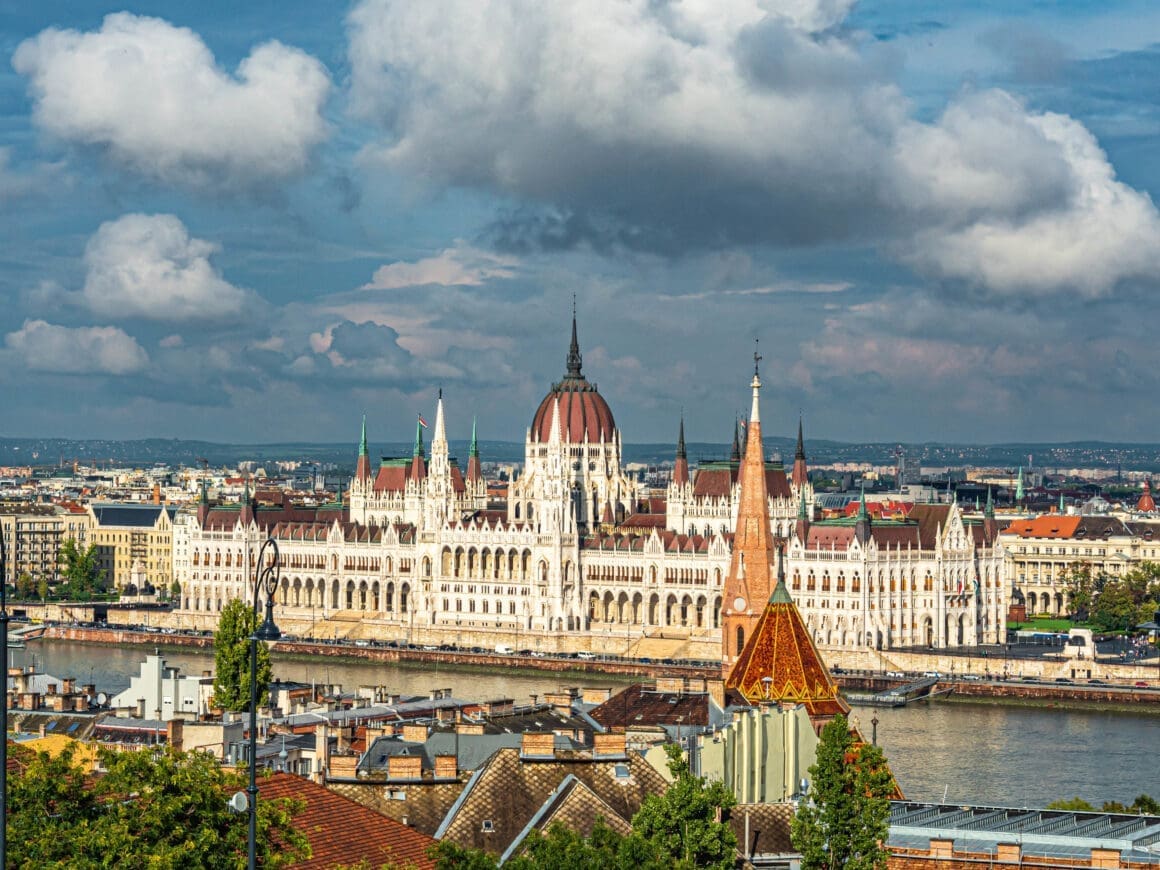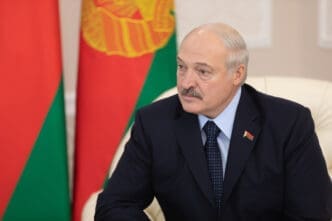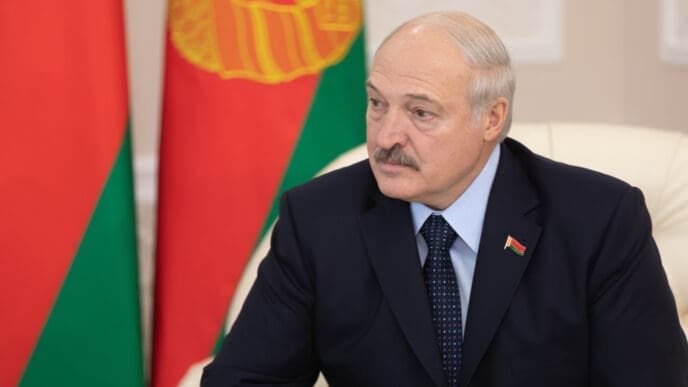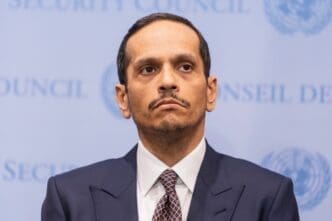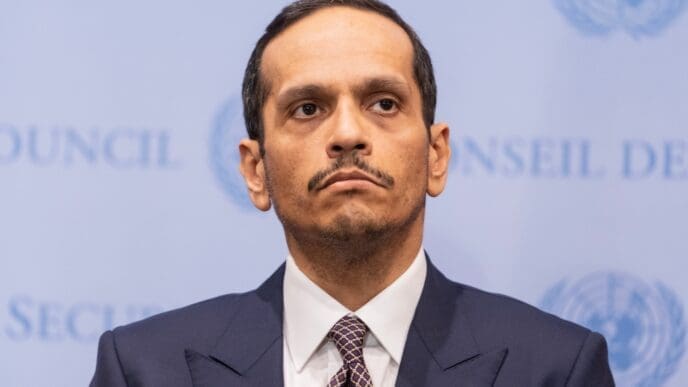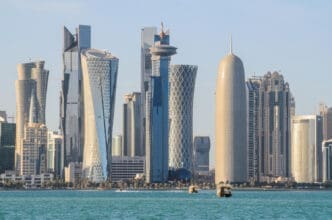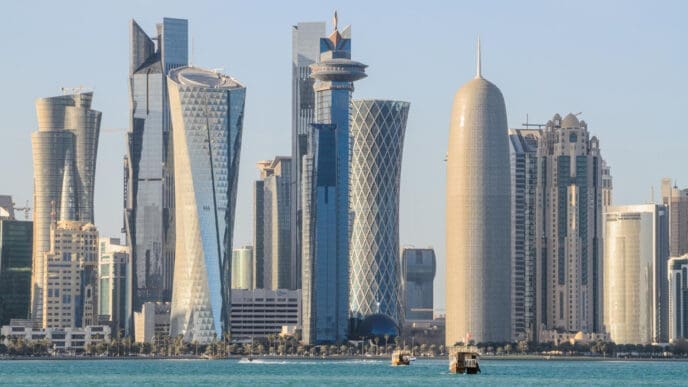The leader of Hungary’s largest opposition party has pledged to lead the country out of its international isolation if he triumphs over Prime Minister Viktor Orbán in the upcoming elections slated for next year. Péter Magyar, heading the Respect and Freedom (Tisza) party, poses a significant challenge to Orbán’s authority, marking the most formidable opposition since the right-wing populist leader assumed office in 2010.
Recent polls indicate that Tisza has surpassed Orbán’s Fidesz party in popularity as Hungary grapples with a stagnant economy and experiences political marginalization within the European Union due to Orbán’s controversial policies. Addressing a rally in Budapest, Magyar promised that, if elected, he would rejuvenate Hungary’s international relationships and rebuild its reputation, which has been tarnished by Orbán’s confrontations with the EU and alliances with autocratic nations like Russia and China.
Magyar assured supporters that, under his leadership, Hungary would restore its standing as a proud and dependable ally of NATO and a committed member of the European Union. Orbán, who describes himself as an “illiberal” leader, faces criticism for allegedly steering Hungary away from European democratic values by undermining democratic institutions, compromising judicial independence, and monopolizing the media landscape.
Since his rise to power in 2010, Orbán, with his Fidesz party, has maintained a commanding two-thirds majority in parliament, effortlessly overcoming opposition. However, current polling suggests a shift, with Tisza gaining traction as Magyar emphasizes economic and social challenges such as ongoing inflation, inadequate healthcare, and accusations of governmental corruption.
Nóra Farkas, a Magyar supporter at the rally, expressed optimism for Orbán’s potential defeat in the next elections, noting a newfound confidence in the possibility of change. She criticized the current administration for being the root of the nation’s issues, emphasizing the need for a new direction.
Magyar concluded that Orbán’s system is beyond reform or repair, advocating for its complete replacement through lawful and democratic means, with a firm resolve to dismantle the current regime.
The Evolving Landscape
The potential shift in Hungary’s political landscape could have significant implications for its citizens and international relations. A change in leadership may lead to improved diplomatic ties and economic stability, as Magyar’s promises center on restoring Hungary’s global standing and addressing domestic issues that impact everyday life.
For residents, a Tisza victory could mean enhanced healthcare services, reduced inflation, and a crackdown on corruption, potentially improving quality of life and economic prospects. On the international stage, a re-engagement with the European Union and NATO could foster stronger alliances and cooperation, benefiting Hungary’s position in global affairs.
Ultimately, Magyar’s campaign highlights a critical juncture for Hungary, as citizens weigh the possibility of change against the status quo, with the potential to redefine the nation’s future both domestically and internationally.

